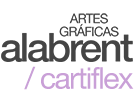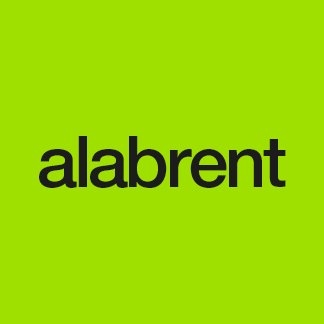Redacción Alabrent
According to a study by RISI, e-commerce uses on average seven times more corrugated per dollar of sales than traditional retailing, due to both a significantly higher need for protection, but also poor packaging design. When buying instore, consumers normally leave the transport packaging at the store, but in e-commerce it is being brought directly to the home and the consumers become responsible for its disposal.Stores traditionally take professional care of the recycling of the transport packaging. This has long secured a high recycling rate of corrugated boxes and provided the industry with recycled fibres for utilisation in the production of new paperboard grades. With a fibre-based packaging recycling rate of 85%, the industry has the highest recycling rate of all packaging materials in Europe.
The shift towards household collection increases both the risk of reducing recycling rates and of contamination, leading to lower availability of clean recycled fibres, particularly in countries with single waste streams. Therefore, it is extremely important that consumers continue recycling their boxes correctly and that relevant authorities enable this recycling process.
Other issues also have led to weaker quality of the collected fibres in recent years. The shift in paper and board production from printing and writing paper towards more recycled containerboard means a decreasing share of fresh fibre material available, thus impacting the overall quality of fibre in the recycling loop. The recycled paper and board quality degrades after every cycle and cannot be recycled indefinitely.
A continuous flow of fresh fibre-based materials, like the ones produced by Metsä Board, is needed in the recycling loop to maintain the overall quality of recycled fibre. The way consumers recycle their packaging is also of utmost importance in the contribution towards a circular economy.
Recycling our packaging materials to keep the fibre recycling loop ongoing is imperative – and we must all play our part!



